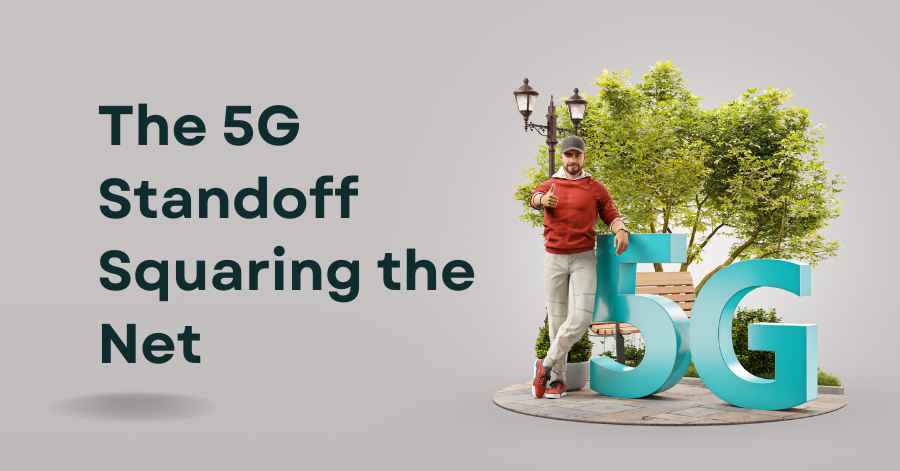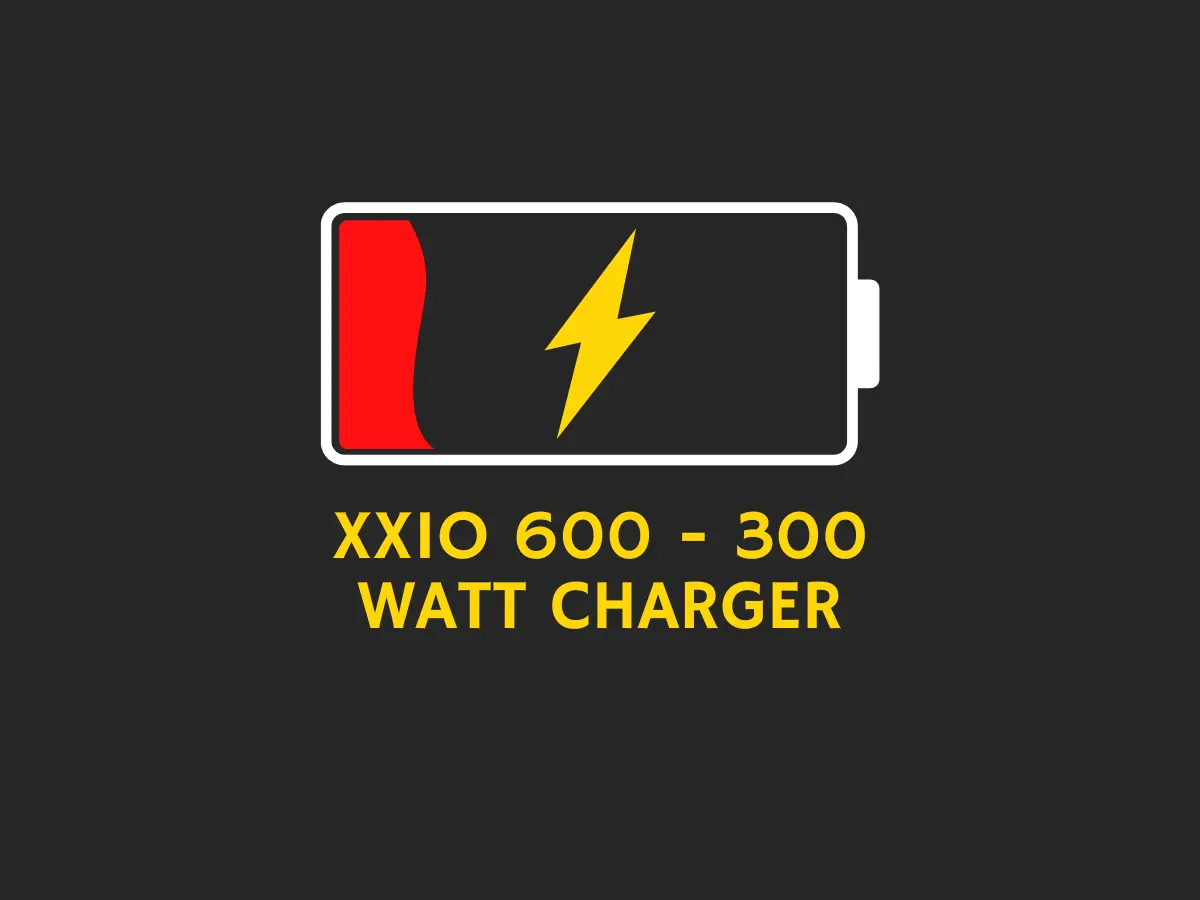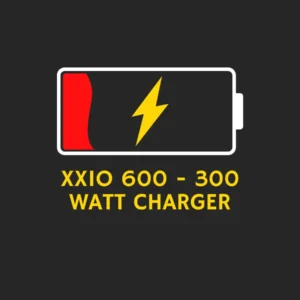The 5G Standoff Squaring the Net: An In-Depth Guide
Introduction
What if I told you that the future of the internet, global politics, and even your everyday life hinges on a network you can’t see? Enter 5G—the fifth generation of mobile networks that promises to revolutionize everything from smart cities to autonomous vehicles. But this isn’t just about faster downloads and smoother streaming; it’s about a standoff shaping the future of global power dynamics.
In this guide, we’ll explore The 5G Standoff Squaring the Net, exploring what it means for the world at large and for you as an individual. Buckle up because 5G is more than just a buzzword—it’s the next big thing in tech, and it’s already stirring the pot on the global stage.
The Evolution of Mobile Networks
From 1G to 4G: A Brief History
Let’s take a quick trip down memory lane to understand why 5G is such a big deal. The first generation of mobile networks, 1G, was all about voice communication. It was primary, but it laid the foundation. Then came 2G, which introduced text messaging—remember those? With 3G, the internet came to our phones, and with 4G, we got the speeds that made video streaming and social media the norm.
The Leap to 5G: What Makes It Different?
So, what’s the fuss about 5G? Simply put, 5G is faster, more reliable, and can handle more devices simultaneously than any previous generation. It’s not just an upgrade; it’s a whole new ball game. Imagine downloading a full-length movie in seconds or controlling a fleet of drones in real time—that’s the power of 5G.
Understanding the 5G Standoff
Key Players in the 5G Race
The 5G Standoff Squaring the Net isn’t just about technology and who controls it. On one side, the United States is eager to maintain its global tech dominance. Conversely, with companies like Huawei, China is pushing to become the leader in 5G infrastructure. Europe is caught in the middle, trying to navigate between these two giants.
The Role of Governments and Regulatory Bodies
Governments worldwide are heavily involved in the 5G rollout, not just because of the economic benefits but also because of the security risks. Regulatory bodies are working overtime to establish standards and ensure that 5G networks are secure from cyber threats.
The Geopolitical Implications of 5G
This isn’t just a tech rivalry; it’s a geopolitical standoff. The country that controls 5G technology will significantly influence global communications and cybersecurity. This has led to a digital arms race, with nations racing to deploy 5G networks and secure partnerships with 5G providers.
The Technology Behind 5G
Spectrum Bands and Their Importance
5G operates on various spectrum bands, each with its advantages. The low-band spectrum offers comprehensive coverage but lower speeds, while the high-band (mmWave) spectrum provides lightning-fast speeds over shorter distances. Mid-band spectrum strikes a balance, making it crucial for widespread 5G deployment.
Infrastructure Requirements for 5G
Deploying 5G is more complex than flipping a switch. It requires a dense network of small cells, fiber optics, and advanced antennas. This infrastructure is expensive and time-consuming to build, so the 5G rollout has been slower in some regions.
The Promise of Low Latency and High Speed
One of 5 G’s most significant selling points is its low latency, meaning there’s almost no delay in data transmission. This is crucial for applications like autonomous vehicles, where split-second decisions are necessary. Combine that with high-speed data transfer, and you have a network that can handle anything the future throws.
The Challenges of 5G Implementation
Security Concerns
With great power comes great responsibility—or, in this case, significant risk. 5G networks are more complex than their predecessors, making them more vulnerable to cyberattacks. Ensuring the security of these networks is a top priority for governments and companies alike.
Health and Environmental Debates
The rollout of 5G has sparked debates about its potential health risks. Some studies suggest that the radiation from 5G networks could have adverse effects, though the science is still inconclusive. Additionally, the environmental impact of building massive new infrastructure has raised concerns.
Infrastructure and Deployment Challenges
Building the infrastructure for 5G is no small feat. It requires significant investment and, in some cases, overcoming public opposition. Rural areas, in particular, may need more time to access 5G due to the high deployment costs in less populated regions.
5G and the Global Economy
Economic Opportunities of 5G
5G can boost the global economy by trillions of dollars. It will enable new industries, from smart cities to connected healthcare, to create millions of jobs. Countries that lead in 5G will likely see significant economic benefits.
Potential Risks to Global Markets
However, The 5G Standoff Squaring the Net also poses risks. The division between countries embracing different 5G technologies could lead to a fragmented global market, affecting trade and cooperation. There’s also the risk of exacerbating the digital divide, where some regions must catch up in the 5G race.
Impact on Emerging Economies
For emerging economies, 5G offers both opportunities and challenges. On one hand, it can drive innovation and economic growth. On the other, the high cost of 5G infrastructure could be a barrier, making it difficult for these countries to keep up with developed nations.
5G in Everyday Life
Smart Cities and IoT
Imagine a city where traffic lights adjust in real-time to reduce congestion or your refrigerator orders groceries when running low. That’s the promise of smart cities powered by 5G and the Internet of Things (IoT). Everything from public transportation to waste management could become more efficient and connected.
5G in Healthcare
5G could be revolutionary in the healthcare sector. Remote surgeries, real-time health monitoring, and AI-driven diagnostics are just the beginning. With 5G, healthcare can become more accessible, especially in remote areas with scarce medical facilities.
Autonomous Vehicles and Transportation
Autonomous vehicles rely on split-second decisions and massive amounts of data. 5 G’s low latency and high-speed capabilities make it the perfect network for this technology. Whether it’s self-driving cars or drones, 5G will play a crucial role in the future of transportation.
The Future of 5G
Predictions for the Next Decade
Looking ahead, 5G is set to become the backbone of our digital future. Over the next decade, we’ll see widespread adoption, with 5G-enabled devices becoming the norm. The network’s capabilities will continue to evolve, paving the way for even more advanced technologies.
The Role of 6G and Beyond
While 5G is still in its infancy, the tech world is already approaching 6G. Expected to roll out in the 2030s, 6G will take everything great about 5G and amplify it, offering even faster speeds and lower latency. It’s hard to imagine now, but 6G could make today’s internet look like dial-up.
How 5G Will Shape the Internet of Things (IoT)
The IoT is set to explode with the help of 5G. We’re talking about billions of devices, all connected and communicating with each other. From smart homes to industrial automation, 5G will be the glue that holds the IoT together, making our world more connected.
Conclusion
The 5G Standoff Squaring the Net is more than just a battle over technology; it’s a fight for global dominance, economic power, and the future of the internet. As 5G continues to roll out, it will reshape industries, transform economies, and redefine our lives. The road ahead is filled with challenges but enormous potential rewards. Whether you’re a tech enthusiast or just someone looking forward to faster internet, 5G is something you can’t afford to ignore.
FAQs
What is the main difference between 4G and 5G?
The main difference is speed and latency. 5G offers faster data speeds and significantly lower latency, enabling real-time communication and more connected devices.
How does 5G affect global politics?
Due to its strategic importance, 5G has become a focal point in global politics. Countries that lead in 5G technology will significantly influence global communications and cybersecurity.
Is 5G safe for health?
While some concerns have been raised, current research has not conclusively proven that 5G harms health. However, studies are ongoing to ensure public safety.
What industries will benefit most from 5G?
Industries like healthcare, transportation, and manufacturing will benefit significantly from 5G due to its high speed, low latency, and ability to connect numerous devices.
Will 5G replace Wi-Fi?
Not entirely. While 5G will complement Wi-Fi and offer similar benefits, especially in mobile environments, Wi-Fi will still be widely used for home and office networks.














Post Comment